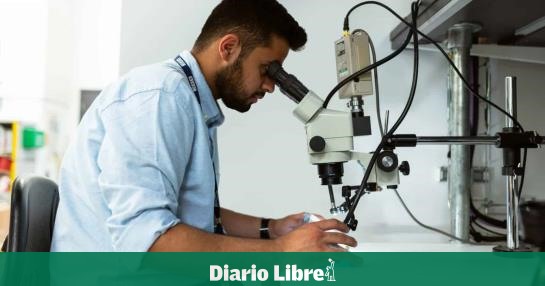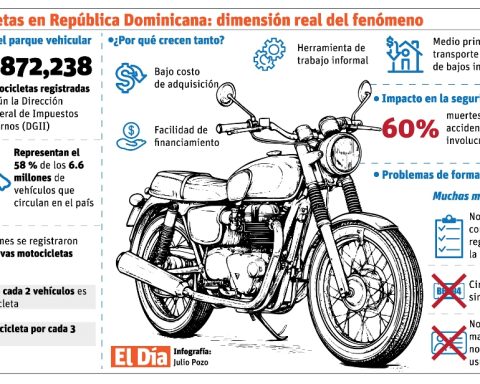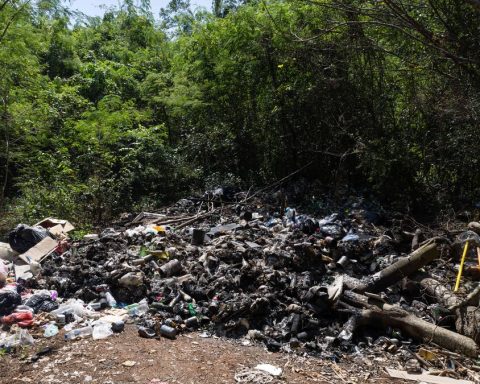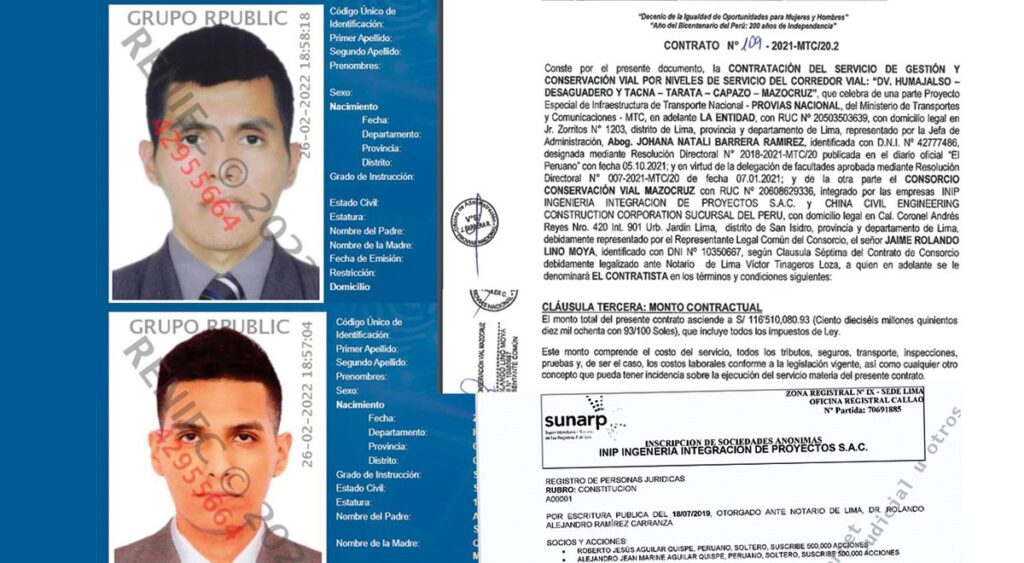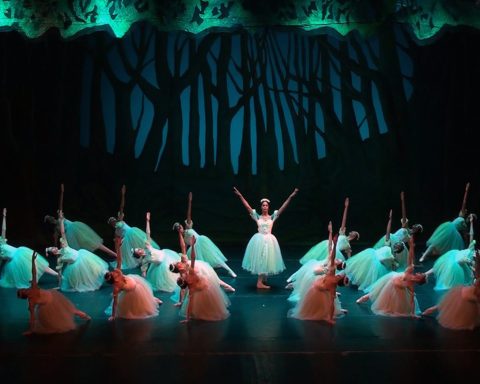EAE Business School has published the report Virtual reality and augmented reality: the metaverse as a new opportunity for business, from which it is concluded that more than 23 million jobs will improve with information technologies virtual reality (VR) and augmented reality (AR) globally by 2030.
“For companies, the use of virtual reality and augmented reality It allows the simulated and early visualization of processes that have not yet been carried out: develop products more efficiently, improve the experience of consumers or better train professionals. For consumers, the most common uses are gaming and video viewing,” explains the report’s author and professor of EAE Business SchoolCristina Gallego.
In this sense, the report points out that the sectors with the most potential to use augmented reality and virtual will receive an investment forecast of 3.6 billion euros, both for training and for industrial maintenance. However, the sector that will benefit the most at the business level is health, since “It allows advances in the detection of some types of diseases, simulations of training for doctors, surgical assistance and 3D cancer studies.”
On the other hand, the study indicates that the augmented reality is outlined with a greater demand compared to the virtual reality for “the cost of acquisition, accessibility to this type of product and safety”.
In Europe, the VR and AR market is forecast to reach 44.5 billion euros by 2026. Germany tops the list, which, together with France, are the countries where the number of related jobs in this sector is growing the most.
the metaverse
The report assures that the metaverse is considered as “the next iteration of the Internet”, where the physical and digital worlds come together. The metaverse allows digital representations of people, avatars, to interact with each other in a variety of settings, and all of this is made possible by AR/VR, plus the convergence of 5G, artificial intelligence (AI), and cloud computing, soon it will facilitate the delivery of XR experiences that are “more seamless, enjoyable and cost-effective on a variety of connected devices.”
Inditex has just created a new collection, AZ Collection, exclusive to the metaverse, specifically for Zepeto, where avatars can be created to wear this new fashion collection, as stated in the report from EAE Business School. Gucci, Ralph Lauren, Christian Louboutin or Nike are some of the fashion brands that are already present on the platform, as is also exemplified in the EAE document.
For its part, Vodafone has already worked on its own metaverse, and plans to launch it in 2022 for both customers and non-customers with pay-per-use or subscription model formats. The connection to it will be thanks to the Nreal Light glasses or through a smartphone. The idea is to achieve these virtual experiences, all of them grouped in the Vodafone 5G Reality platform,
“The danger occurs when a global product like the Internet begins to divide up and restrict access, which would deprive technology of the principle defended until now, of universal access,” Gallego warns.
In this new environment of the metaverse, which is predicted, among other things, as a market, cryptocurrencies are needed, of which they are developed on blockchain networks, just like NFTs. NFTs use the same technology as cryptocurrencies, but unlike cryptocurrencies, they cannot be divided or exchanged with each other, but can be bought and sold. “The use of NFTs is growing at a great speed, especially in the art world”, indicates the professor of EAE Business School.
